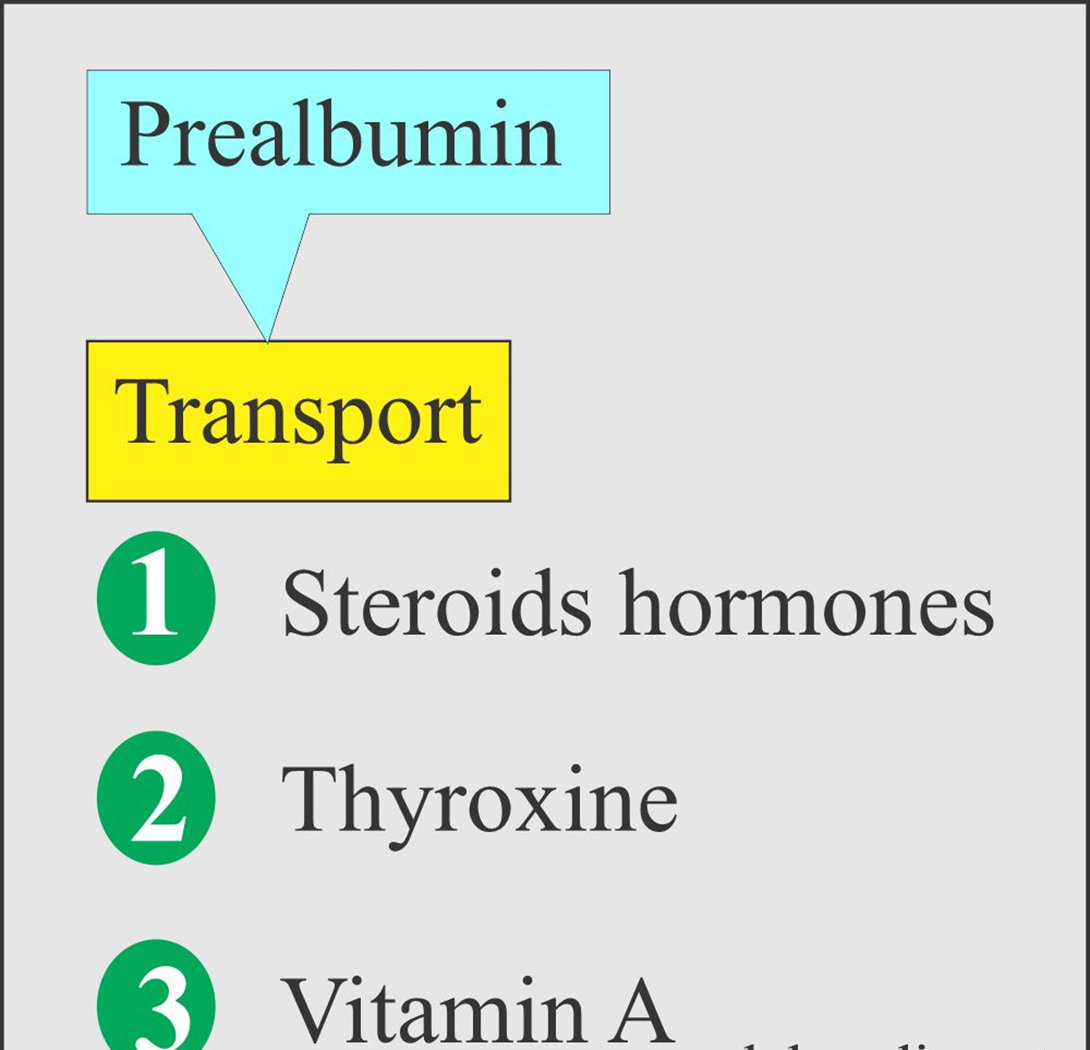A nurse is caring for a client who had a stroke with left-sided paralysis and is at risk for dysphagia. Which of the following actions should the nurse take?
Elevate the head of the client's bed.
Use a syringe to give the client fluids.
Instruct the client to chew on the left side of their mouth.
Instruct the client to swallow with their head tilted back.
The Correct Answer is A
Choice A reason: Elevating the head of the client's bed can help prevent aspiration and facilitate swallowing. The nurse should keep the client's head elevated at least 30 degrees during and after feeding, and check for signs of aspiration, such as coughing, choking, or wheezing.
Choice B reason: Using a syringe to give the client fluids is not a safe method, as it can cause the fluids to enter the airway too quickly and cause aspiration. The nurse should use a spoon or a cup to give the client fluids, and thicken them if needed to make them easier to swallow.
Choice C reason: Instructing the client to chew on the left side of their mouth is not a good idea, as the left side is paralyzed and has reduced sensation. The client may not be able to chew or feel the food on that side, and may accidentally bite their tongue or cheek. The nurse should instruct the client to chew on the right side of their mouth, which is unaffected by the stroke.
Choice D reason: Instructing the client to swallow with their head tilted back is not a good practice, as it can open the airway and allow food or liquid to enter the lungs. The nurse should instruct the client to swallow with their head tilted slightly forward, which can close the airway and direct the food or liquid to the esophagus.
Nursing Test Bank
Naxlex Comprehensive Predictor Exams
Related Questions
Correct Answer is A
Explanation
Choice A reason: Confusion and weakness are signs of dehydration and electrolyte imbalance, which can result from vomiting and diarrhea. These are serious complications that can affect the client's mental status, blood pressure, heart rate, and kidney function. The nurse should report these findings to the provider and monitor the client's vital signs and fluid status.
Choice B reason: Dry oral mucosa and furrowed tongue are also signs of dehydration, but they are less severe than confusion and weakness. The nurse should report these findings to the provider as well, but they are not the most urgent ones.
Choice C reason: A temperature of 37.4° C (99.3° F) is slightly elevated, but not indicative of a fever or infection. The nurse should document this finding, but it does not require immediate follow-up.
Choice D reason: A blood pressure of 90/58 mm Hg is low, but not hypotensive. The nurse should document this finding, but it does not require immediate follow-up.
Correct Answer is A
Explanation
Choice A reason: Prealbumin is a protein that is synthesized by the liver and reflects the current nutritional status of the client. It has a short half-life of 2 to 3 days, which makes it a sensitive indicator of changes in protein intake. Prealbumin levels are decreased in clients who are malnourished or have inflammation, infection, or liver disease. The nurse should monitor the prealbumin levels of the client who is receiving total parenteral nutrition to ensure that they are within the normal range of 15 to 36 mg/dL.
Choice B reason: Folic acid is a water-soluble vitamin that is involved in DNA synthesis, cell division, and red blood cell production. Folic acid levels are decreased in clients who have malabsorption, alcoholism, or certain medications, such as methotrexate or phenytoin. The nurse should assess the folic acid levels of the client who is receiving total parenteral nutrition, but it is not the priority test to confirm adequate nutrition.
Choice C reason: Magnesium is a mineral that is involved in many enzymatic reactions, muscle contraction, nerve transmission, and bone formation. Magnesium levels are decreased in clients who have malnutrition, diarrhea, vomiting, or diuretic use. The nurse should evaluate the magnesium levels of the client who is receiving total parenteral nutrition, but it is not the priority test to confirm adequate nutrition.
Choice D reason: Transferrin is a protein that transports iron in the blood and reflects the iron stores of the client. Transferrin levels are decreased in clients who have iron deficiency anemia, chronic disease, or liver disease. The nurse should check the transferrin levels of the client who is receiving total parenteral nutrition, but it is not the priority test to confirm adequate nutrition.

Whether you are a student looking to ace your exams or a practicing nurse seeking to enhance your expertise , our nursing education contents will empower you with the confidence and competence to make a difference in the lives of patients and become a respected leader in the healthcare field.
Visit Naxlex, invest in your future and unlock endless possibilities with our unparalleled nursing education contents today
Report Wrong Answer on the Current Question
Do you disagree with the answer? If yes, what is your expected answer? Explain.
Kindly be descriptive with the issue you are facing.
